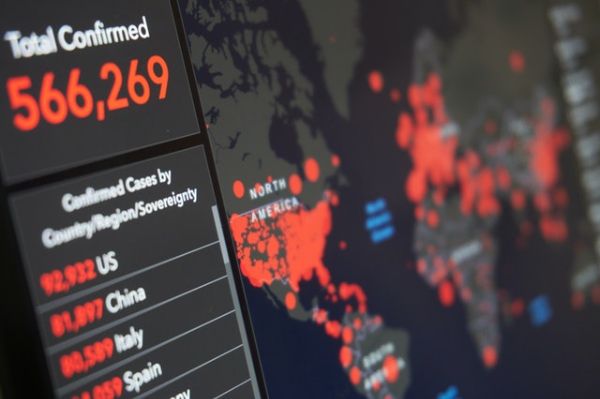Over the years, I have had the privilege to work with dozens of individuals in leadership roles. I’ve studied leadership behaviours, alongside other characteristics, for the past 30 years in my role as a corporate consultant and leadership trainer.
Our perspective on what constitutes effective leadership is based upon a series of experiences we have faced in our lives, from our interactions with teachers, political leaders, and managers. These leaders that have played a role in various stages of our life inform the kind of leadership we do and do not gravitate towards.
As human beings, we are often attracted to the leaders that exude a sense of charisma and eloquence in the way that they communicate, through speeches, language and tone of voice. However, what they are saying does not always assure the action. The belief that we invest in a leader purely based on diction often instills them with overconfidence that surpasses their expertise. However convincing they are, you would not want your wealth manager to perform your appendix surgery!
Based on my analysis of behaviour over time, regardless of their individual ideologies and differences in geography. There are patterns in the characteristics of great leaders that serve to build trust and loyalty within a group.

Let’s examine how leaders of countries responded to the COVID-19 pandemic, and whether the qualities they exuded were aligned with the benchmark characteristics that I believe make a great leader.
Empathy
In moments of crisis, we as human beings crave support and a deeper understanding of fundamental needs. We want to be heard and understood by our leaders, especially those that are able to make real change. That relation and connection builds trust, and through that allows a leader to effectively lead.
Accountability
Leaders who assume responsibility when the going gets tough, yet credit their constituency when it’s due, are considered great. We saw several leaders shy away from accountability in regards to the COVID-19 response. Their lack of strength, agility and unwillingness to adapt to the circumstances, has shown a more self-serving nature rather than a leadership one. We need to believe that leaders are in their role for the community, not for themselves.
Emotional Intelligence
No one is perfect, and just because you are a “leader” does not mean that you are always going to get it right. Individuals that are able to look inward, understand their strengths and weaknesses holistically, and build an expert team across all areas to compensate for those drawbacks, are considered invaluable leaders. Leaders that took medical advice, or sought out medical advice to make sense of the situation understood that this was out of their wheelhouse, and left the experts to comment. While to some this may have shown weakness, in actuality, it showcased a leader with strong self-awareness.
Communication
Leadership communication is not solely the passing of information from one source to another, but rather a source of impactful knowledge that sparks change and builds trust. In the situation with COVID-19, there were several circumstances where information was withheld, and as a result the lack of transparency, caused havoc and distrust. We seek an orator that speaks the truth to explain the sequence of events, but reassures us with a strategy in hand to address the problem.
Influence
The word influence carries a lot of weight. It is not to be mis-interpreted as manipulation, but is rather quite the opposite. To be an inspiring and effective leader that is able to influence, one needs to remain transparent, present and authentic through each correspondence. Individuals are more likely to be influenced by someone they trust, has empathy, accountability, is emotionally intelligent and communicates transparently.
Leaders have a responsibility to deliver news, and more often than not it is information we do not want to hear. With that being said, if we can feel and believe in the long-run that this will be good for us, or have built a long-standing trust with the leader, we are more likely to be receptive.
These individuals shape our nations, communities and organisations, and have a duty in their leadership role to exude the above qualities. Some may say that the leaders involved in the COVID-19 response did the best they could, but others view their decisions as some of the most tragic leadership failures. Very few leaders across the world have experience in a crisis management of this magnitude. So is it right for us to place blame or judge so quickly? Do you think that there are past leaders who would have been more effective to deal with the COVID-19 response?




